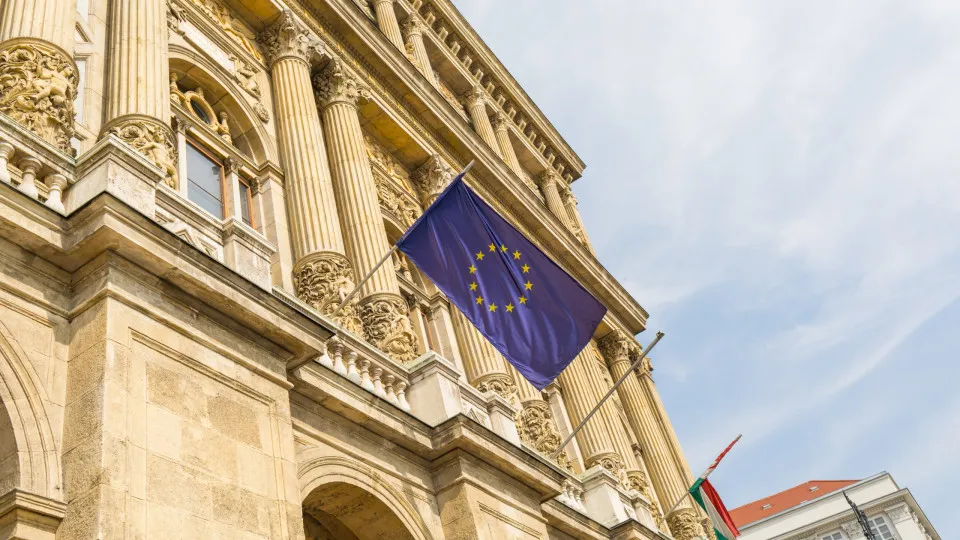
BCE cuts interest rates for the 8th consecutive time: What is the impact?
The European Central Bank (ECB) announced a 25 basis point cut in its three policy rates, setting them at 2.00%, 2.15%, and 2.40%. This decision, taken almost unanimously by the Governing Council, aims to support the recent downward trajectory of inflation while easing credit costs for businesses and households.
BCE cuts interest rates for the 8th consecutive time by 25 basis points.
The European Central Bank (ECB) decided to cut its key rates by 25 basis points this month of June, as read on Notícias ao Minuto. This is already the eighth consecutive reduction, reflecting the institution's confidence in the downward trajectory of inflation in the eurozone. (Source: Poupança no Minuto)
The rates become:
- Interest rate applicable to the permanent deposit facility - 2.00%.
- Interest rate of the main refinancing operations - 2.15%
- The interest rate on the permanent liquidity provision facility is 2.40%.
Why does the ECB continue to lower interest rates?
Since the peak of inflation in 2022, the ECB has been gradually adjusting monetary policy. Inflation is slowing down sustainably, approaching the 2% target.
Christine Lagarde, President of the ECB, reiterated that this rate cut is based on economic data and that the institution will continue to assess "meeting by meeting" if there are conditions for further reductions.
Impact on families and businesses
With this new decrease, the effects can be felt on various fronts.
- Mortgage credit: Mortgage payments with variable interest rates (such as those indexed to Euribor) can continue to decrease;
- Consumer and business credit: Lower interest rates make financing more accessible.
- Savings: The returns of products like fixed-term deposits may suffer additional drops.
How does the economy react?
The ECB recognizes that economic activity in the eurozone remains moderate, but stable. The looser monetary policy aims to stimulate investment, support consumption, and strengthen confidence in the financial sector.
However, the central bank emphasizes that there are still uncertainties and will maintain a prudent stance toward new developments - both internal and external.
What to expect from here on forward?
Analysts expect that the ECB may be heading towards the end of the easing cycle, but everything will depend on the evolution of inflation and the global economy.
Christine Lagarde stressed that "the next decisions will be based on data", leaving open the possibility of both further reductions and a technical pause.
Want to reduce your mortgage payment even further? Credit intermediaries from Poupança no Minuto can help! By renegotiating conditions or transferring the credit to another bank, you can get lower rates and a lower installment, simulate it now: